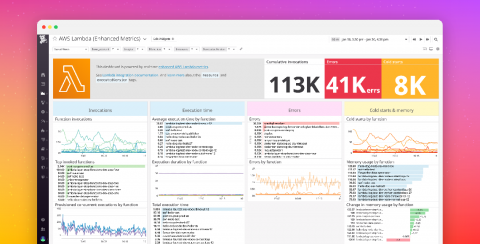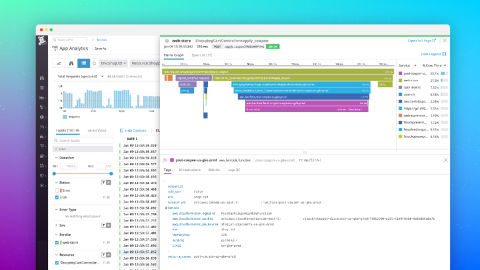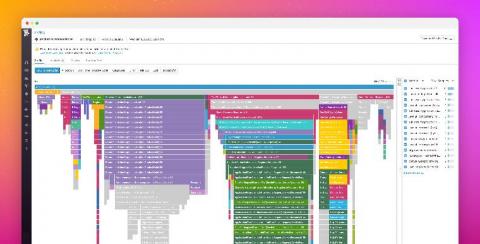Monitor Vault metrics and logs
Hashicorp Vault is a tool for managing secrets—sensitive data such as passwords, certificates, and API keys. Vault allows you to encrypt your secrets, control access to them, and audit activity to see who has requested data from your Vault. Datadog already monitors the status of your Vault servers—for example, you can configure the Vault integration to automatically notify you if a Vault server is unexpectedly sealed, or if there is a leader change in your Vault cluster.











